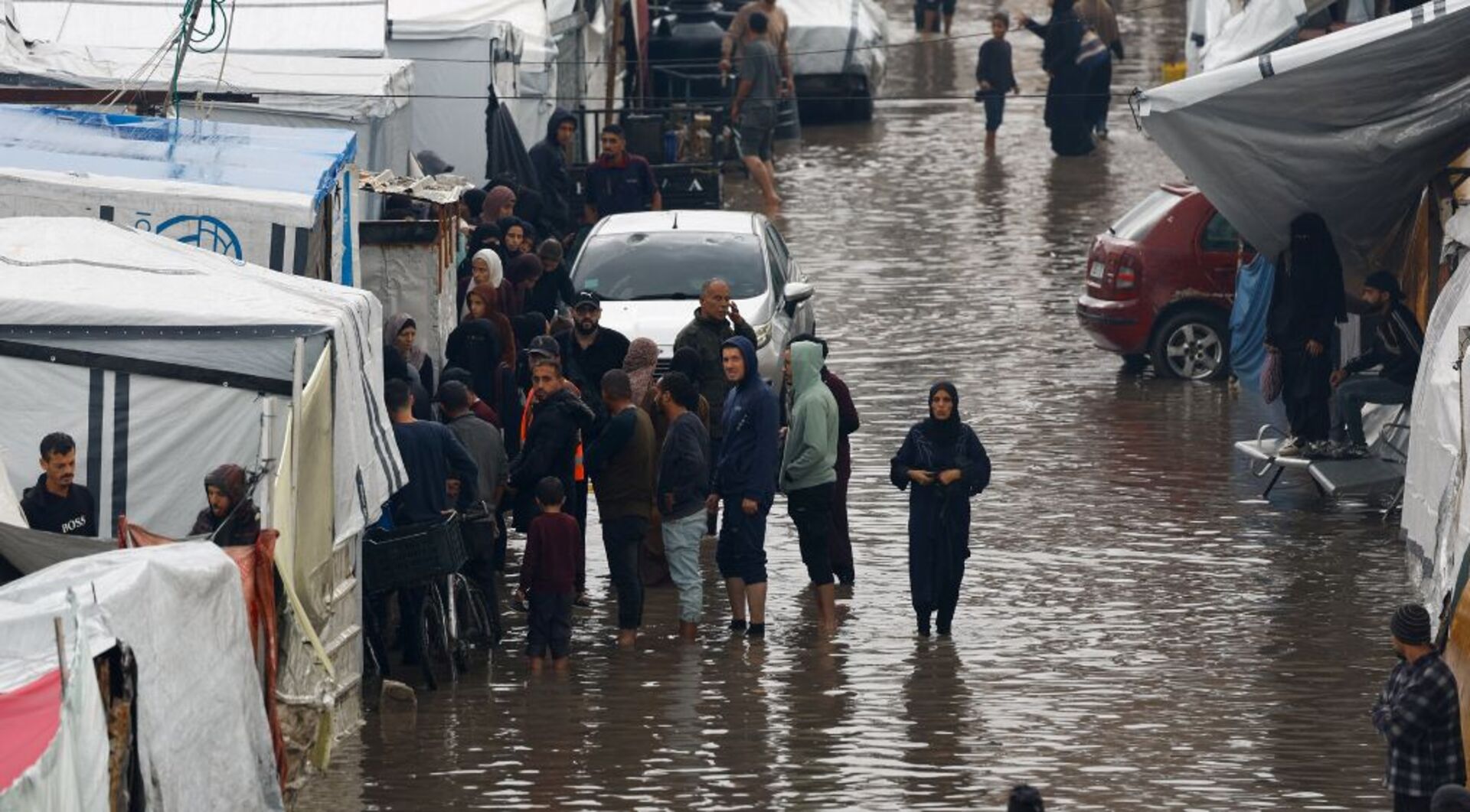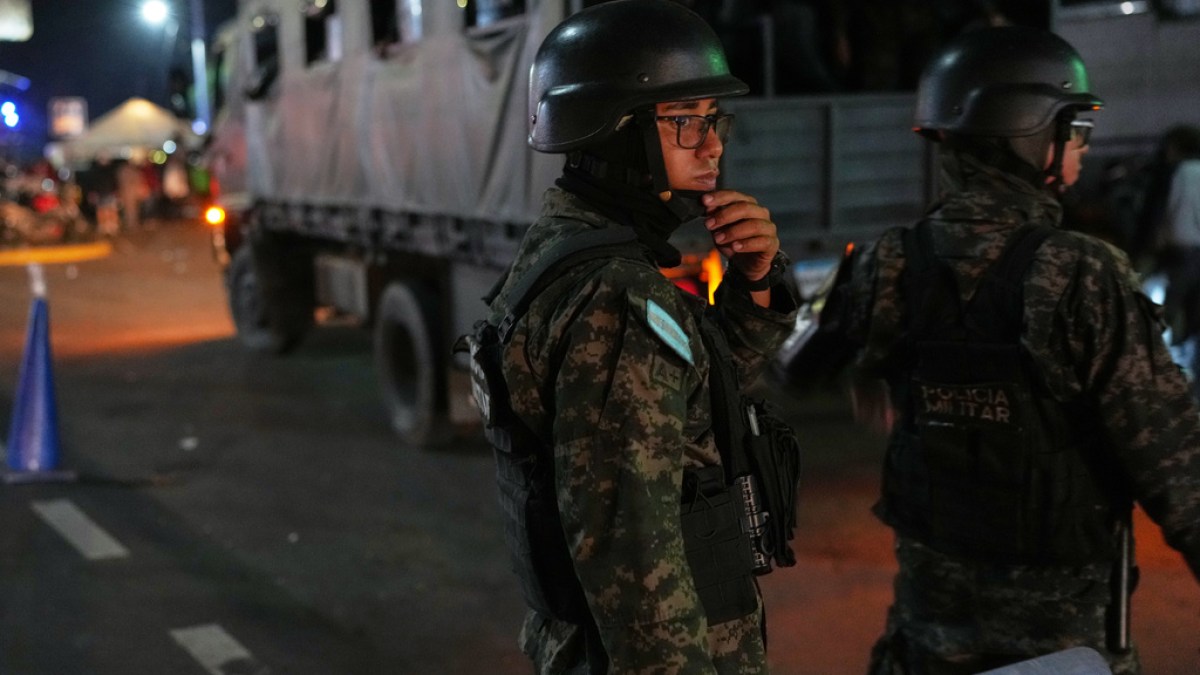Sao Paulo, Brazil – The lower house of Brazil’s Congress has passed a bill that could reduce former President Jair Bolsonaro’s 27-year prison sentence for attempting a coup.
The contentious vote came in the early hours of Wednesday, after a protest by a left-wing congressman triggered a fight involving lawmakers, police and journalists.
Recommended Stories
list of 3 itemsend of list
The bill, which the Senate must now approve, aims to reduce the sentences of more than 1,000 people involved in the attacks on January 8, 2023, which saw Bolsonaro’s supporters storm government headquarters in Brasilia.
Its beneficiaries would include Bolsonaro and several ministers and military officials who were convicted alongside the ex-president for plotting to hold onto power after losing the 2022 elections.
The bill was brought to a vote late on Tuesday night, prompting outrage from its opponents. The scene inside the Chamber of Deputies quickly devolved into chaos, with pushing and shoving between lawmakers.
Glauber Braga, a left-wing congressman opposed to the bill, attempted to block the vote by sitting in the chamber president’s chair, before being forcibly removed by police.
Tulio Amancio, a Brazilian reporter from the network TV Band, witnessed the scuffle. He told Al Jazeera that journalists were forcibly expelled from the chamber, and the live television signal was cut.
When Braga was removed, Amancio said journalists rushed towards the congressman to film the scene. Police started shouting — “Open up! Open up!” — as they pushed their way through the crowd of reporters.
Amancio added that “colleagues were assaulted” by police in the hubbub.
“There’s always pushing and shoving. There’s always some kind of confusion. It’s part of political coverage involving authorities, but physical aggression in the way it happened this Tuesday, unfortunately, will be remembered as a sad chapter in this story here in Congress,” Amancio said.
Maria do Rosario, a congresswoman from the left-wing Workers’ Party, voted against the bill. She criticised the chamber president, Hugo Motta, for his handling of the protest, including his decision to call congressional police to remove Braga.
“He was treated with profound violence,” she told Al Jazeera. “He was dragged out, and at the same time, this agenda that President Hugo Motta has put forward is a disgrace that undermines democracy.”
In a statement shared over social media, Motta argued that Braga’s actions disrespected the legislative branch.
He also appeared critical of the police reaction, saying he has ordered an “investigation into possible excesses regarding press coverage”.
“We must protect democracy from shouting, from authoritarian gestures, from intimidation disguised as a political act,” Motta wrote.
Bolsonaro, who served as president from 2019 to 2023, was found guilty in September on five charges, including one count of seeking the violent abolition of the democratic rule of law.
He and his supporters have refused to acknowledge his defeat in the 2022 presidential race, which saw the election of current president Luiz Inacio Lula da Silva.
Since November, the popular far-right president has been held in the federal police headquarters in Brasilia.
Senator Flavio Bolsonaro, the jailed president’s eldest son, announced on December 5 he will run for president in 2026.
Days later, he suggested he would renounce his candidacy if his father were freed from prison and called on Motta to hold a vote on Wednesday’s sentence-reduction bill. The senator later retracted his offer to drop out of the race.
“The price was his father’s freedom,” said Rosario, echoing widespread speculation about Flavio Bolsonaro’s comments.






